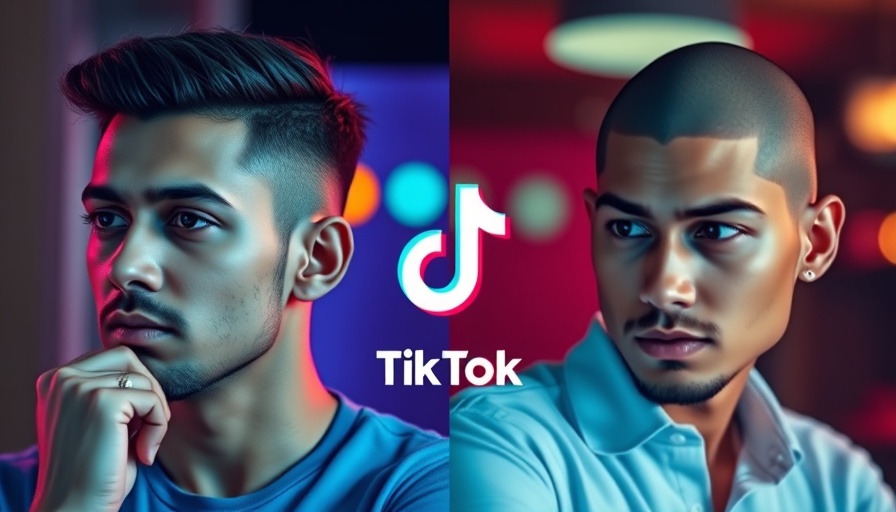
The Dual Nature of Antivaxers: Victims and Villains of Misinformation
In discussions around vaccination, the conversation often settles on the individuals who choose not to vaccinate—referred to as antivaxers. This group is frequently framed as either misguided victims of misinformation or willfully spreading harmful myths. In unpacking this duality, we can better understand the impact of misinformation surrounding vaccines.
In 'Trying My Best 😓', the discussion dives into the complexities of vaccine misinformation, prompting a deeper analysis into the roles of antivaxers in public health conversations.
The Misinformation Crisis: Vaccines and Autism
A standout example of misinformation is the claim that vaccines cause autism. This baseless notion emerged from a now-discredited study that has since been thoroughly debunked. Yet, despite overwhelming scientific evidence disproving any link between vaccines and autism, this belief persists among a fraction of the population, illustrating how misinformation can take deep root in societal consciousness.
The Question of Vaccine Effectiveness: Death Rates and Misconceptions
Another common misconception that fuels antivax sentiments is the belief that vaccines guarantee immunity. While vaccines significantly lower death rates from diseases, they don’t guarantee complete prevention. Reports indicate that many individuals dying from COVID-19 were vaccinated, but it’s essential to understand the context: the majority of the population is vaccinated, meaning more vaccinated individuals will be recorded in death statistics when compared to unvaccinated individuals. This reality can lead to misunderstandings about vaccine efficacy, contributing to hesitancy.
Understanding the Victim Perspective
Some antivaxers can indeed be seen as victims of misinformation, bombarded by a deluge of contradictory information online. In an age where social media amplifies voices of varied credibility, distinguishing between accurate science and misleading claims becomes a daunting task. Many who resist vaccination may not be inherently opposed to it; rather, they may have become ensnared in a web of fear fed by misinformation.
Addressing the Villain Perspective
Conversely, some individuals promote antivax views and actively spread false narratives. This behavior can be harmful, as it not only undermines public health but can lead to severe repercussions in communities. These individuals can be classified as villains in this narrative, as they contribute to an environment where fear and doubt replace trust in scientifically-backed healthcare solutions.
How Society Can Combat Misinformation
The interplay between misinformation and healthcare access highlights the importance of education. Communities must champion effective communication strategies that are trusted and accessible. Initiatives that foster open dialogues about vaccine safety and effectiveness, and address personal experiences can help bridge gaps in understanding.
Moving Forward: Making Informed Choices
Understanding the duality of antivaxers as victims and villains provides a more nuanced perspective on vaccination hesitancy. By fostering a friendly yet honest dialogue about vaccines, we can empower individuals to make informed choices that support not only their health but also that of the broader community.
 Add Row
Add Row  Add
Add 




 Add Row
Add Row  Add
Add 

Write A Comment